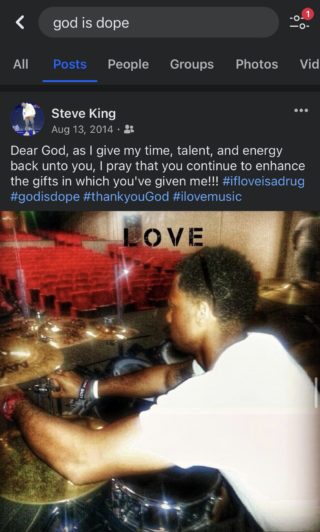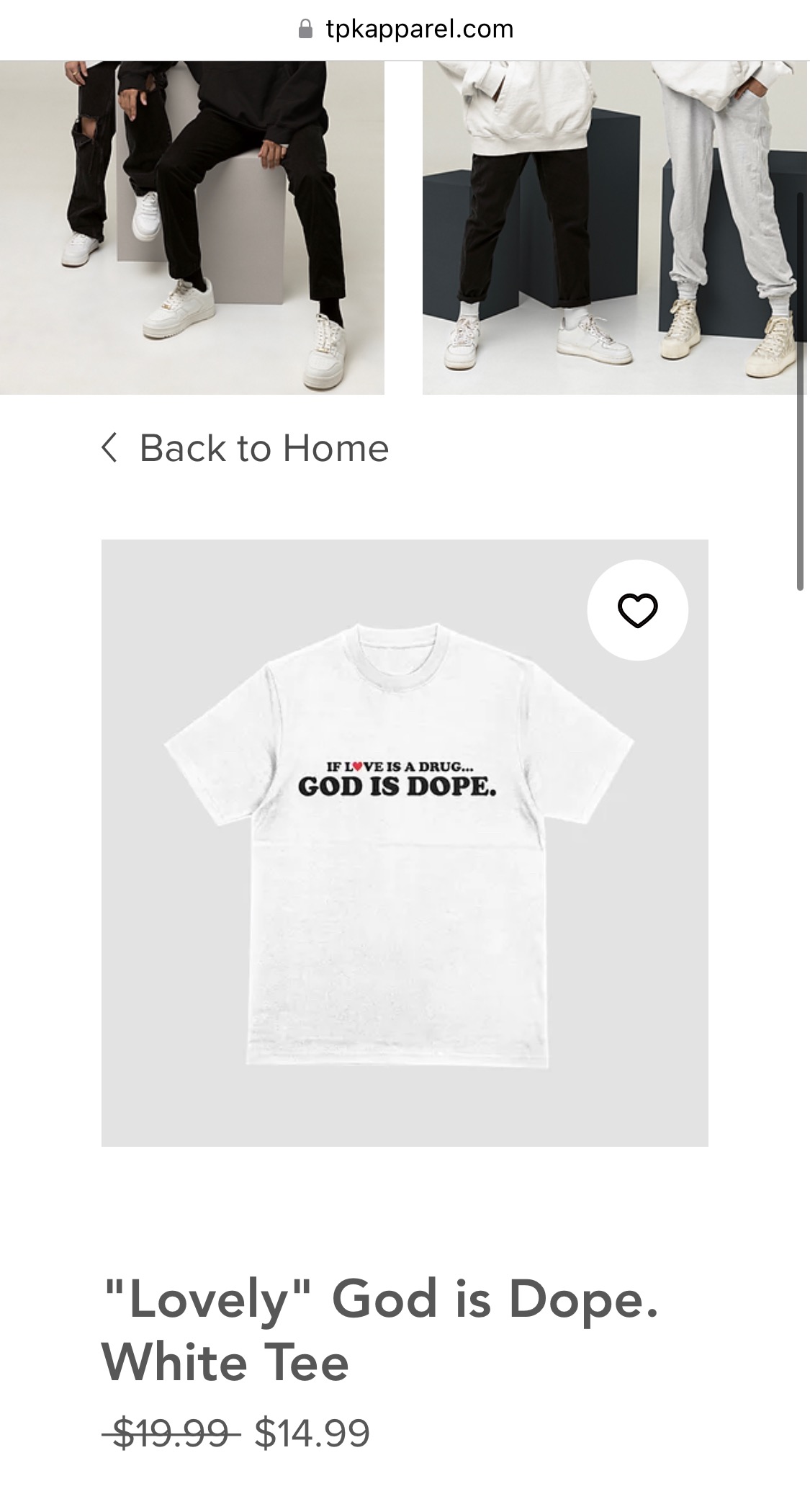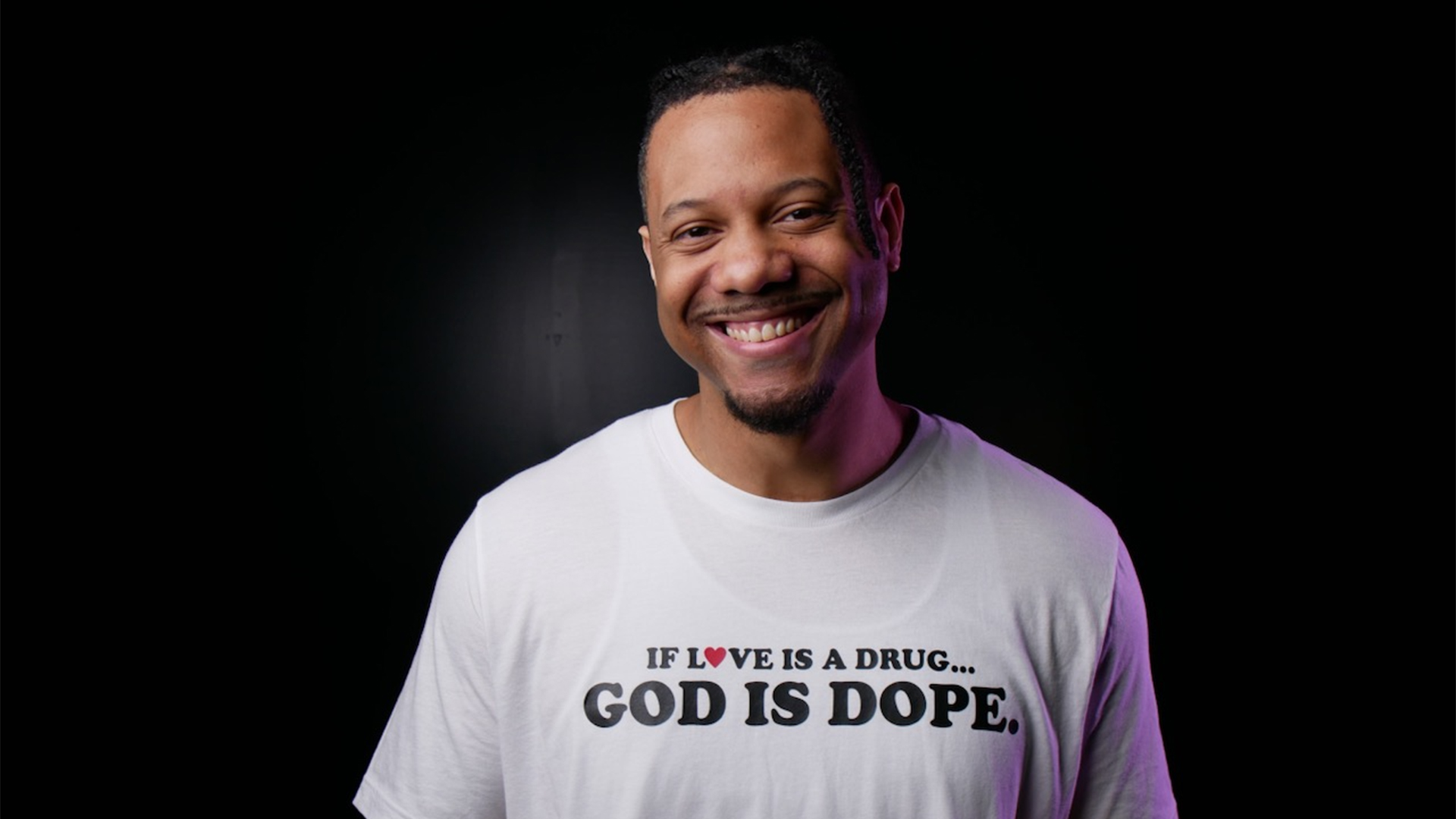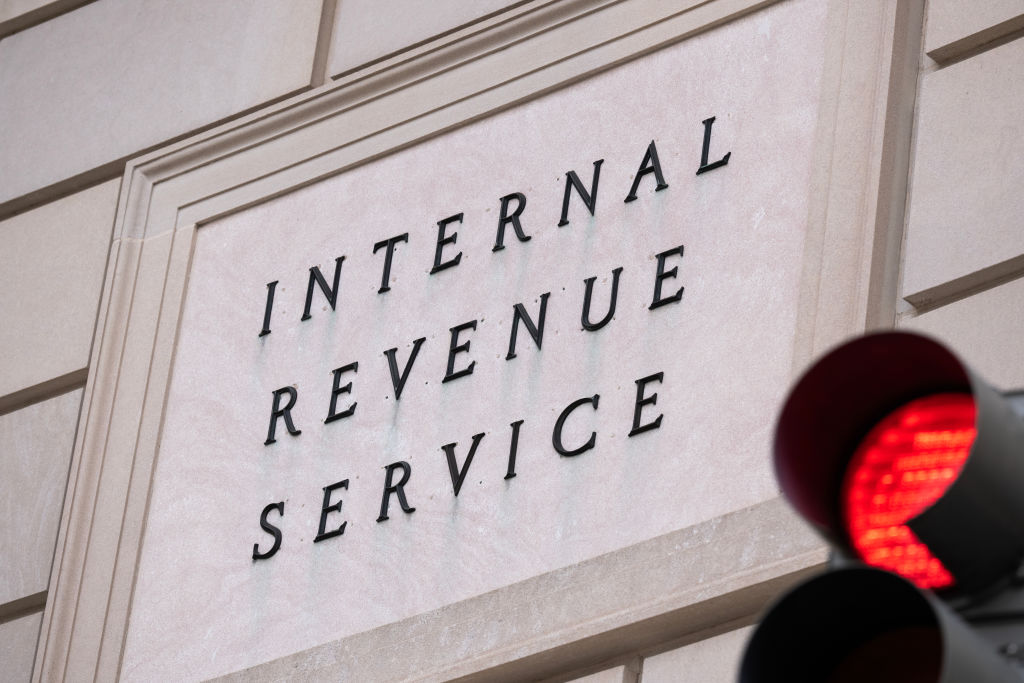“God Is Dope.” The phrase might convey varying meanings; however, for Steve King, who trademarked it in 2014, it represents leaning on God when his world was turned upside down.
Birth Of Phrase, According To King
During an exclusive interview with AFROTECH, King, a North Chicago, IL, native serving in a local ministry, takes us back to 2012, when he created the well-known phrase. His wife suffered through a series of miscarriages, and King found it very difficult to deal with the emotions of grief.
Escapism became his coping mechanism until he experienced an intervention from God, he says.
“We had just experienced this loss, and we were devastated. I didn’t know how to necessarily cope at the time,” King, 37, explained. “I found myself getting high off weed in my car, hot boxing, just trying to escape the pain and the trauma.”
He continued, “There was this voice that spoke to me, and I heard it clear as day. I believe that it was the voice of God, and he said, ‘Hey, this isn’t gonna work out for you if you continue down this path. You don’t need to go this route. I’m the only drug that you need.’ So, that’s when the birth of ‘If Love Is A Drug…God Is Dope’ took place.”
Subsequently, King adopted and reshaped the phrase as a testament to God’s goodness and steady hand. By this time, King had relocated to Grambling State University in Grambling, LA, where he obtained a bachelor’s and master’s degree. He then put the phrase on shirts for commerce and spread it among Grambling State University and the local community. Doing this opened the doors to launching the apparel brand The People’s Kingdom (TPK).
In 2014, King trademarked the phrase, “If Love Is A Drug…God Is Dope,” along with a stylized image with the wording, according to a filing by the U.S. Patent and Trademark Office.

Taking Legal Action
“God Is Dope” has experienced commercial success, but much to King’s surprise, the phrase has benefited a different company. In 2015, Sharod Simpson founded a company named God Is Dope LLC, which sells apparel, including T-shirts, hoodies, and sweatpants, among other items. According to information provided on the company website, Simpson launched the brand with initial plans to sell 5,000 shirts in six months.
By 2021, the company was selling 1.02 million items within a six-month period.
In 2022, King filed a lawsuit stating that Simpson had infringed upon his trademark. The lawsuit also cites “unfair competition” and “false designation of origin,” per a press release.
“They’ve made a significant amount of money off the trademark I own. And if you remove my protected trademark from their brand, all you have is blank,” King told AFROTECH. “They have no brand without my trademark, and we’re talking a substantial amount, and they’ve done it from a deceptive business practice. They have misled the masses and have passed it off as if it was faith-based even to this day.”
He added, “People are confused. People are still sending me messages and asking me, ‘Hey, this is your brand, right?’ And I have to take the time out and say ‘No.’ And then there’s further confusion. This is why I protected my brand in the first place, to put people on notice and to let them know that this is me, my brand.”
Before the lawsuit, King claims that in 2018, Simpson applied to trademark “God Is Dope” to sell jewelry and clothing. However, King alleges that the U.S. Patent and Trademark Office notified Simpson that it would not grant him the trademark.
“They told them specifically that it is identical to my mark,” King claims.
King adds that Simpson’s business allegedly continued to operate despite being notified it could not trademark the wording. So, in 2019, King says he filed an opposition with the Patent and Trademark Office. He was not only fighting to protect his company, he was also battling health problems during this time.
“[Simpson and his company] continued to operate in between this time and now,” King said. “I’m also a cancer survivor. So, while I’m trying to figure out how we can manage this situation and rectify this situation and make it right, I fight through cancer, and again, they’re continuing to work and operate and have total disregard for me and my trademark rights.”
For these reasons, King moved forward with the lawsuit. He is represented by copyright and trademark attorney James Walker Jr. and Willard Stanback, Esq. King met Walker in 2021 after moving from Florida to Atlanta, GA. With the help of Walker, they sent a cease and desist letter to Simpson, who also lived in the city. However, failure to comply led King’s legal team to continue their pursuit in federal court. The case remains ongoing.
“They just continue to act as if they don’t know. So, once that happens, you have to take it to a federal courthouse, which is what we’ve done now by filing the U.S. District Court lawsuit,” Walker said to AFROTECH.
“We were asking the district court to basically find that the marks are the same; they are confusing,” he added. “[Steve] has people calling him all the time, thinking it’s his mark. They’re a faith-based initiative; they’re supposed to be a nonprofit setup. We haven’t seen any work done with the nonprofit that they’ve set up. And Steve has lost millions of dollars.”
Walker adds that Simpson is using the trademark in four of the 45 trademark classes and claims the brand has made millions of dollars.
“I would easily say it’s a multi-million-dollar brand,” Walker said.
King also added, “Let’s do the right thing. You’re using God’s name, and you’re not even doing right by it. It’s disheartening. This is a David and Goliath moment, and I’m looked at as the little guy. At the end of the day, if you really want to pander to God’s people, at least follow God’s patterns and do the righteous thing. If you’ve made $50 million, why is it so difficult to come to the table when you haven’t even asked me to this day? What would it even take to make this right? There is a fight on the inside of this David that won’t back down.”
Walker projects the case will make its way to the federal courtroom by the fall, after several extensions requested by Simpson. He says there is a “real case” and strongly believes King will be vindicated in court.
Regaining Intellectual Property
King’s legal team is committed to returning his intellectual property to him and his family.
“This is the man who created ‘God Is Dope,'” Walker said. “When he was a young boy, like many of us, he experienced marijuana or just fooled around like kids do, turned his life around for Christ, became a leader in his church, and came up with ‘If Love Is A Drug…God Is Dope.’ I think that needs to be the point that people understand, that this is the real face of ‘God Is Dope.'”

Walker continued, “He’s the man that invented it, created it, thought it up, should own the intellectual property and the trademark.”
Editor’s Note: AFROTECH reached out to the defendant through multiple channels for a statement but hasn’t received a response (as of this writing).

















